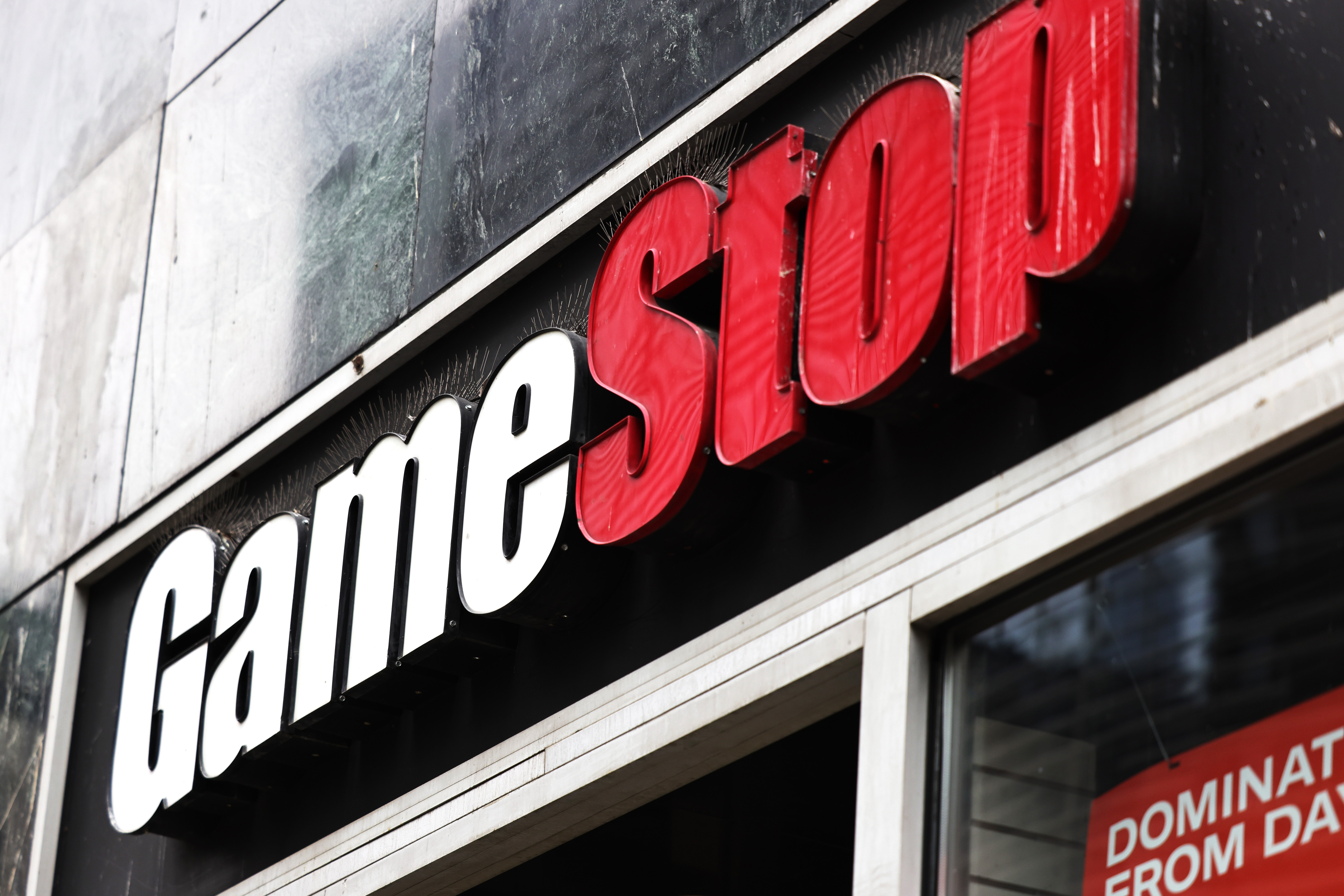GameStop mania
Are we witnessing the democratization of finance, or just a dangerous ruse?

A free daily email with the biggest news stories of the day – and the best features from TheWeek.com
You are now subscribed
Your newsletter sign-up was successful
The smartest insight and analysis, from all perspectives, rounded up from around the web:
For a brief time over the past two weeks "a bunch of amateur traders made Wall Street's finest look like idiots," said Jason Zweig at The Wall Street Journal. "A ragtag army of individuals," exchanging tips in online forums like Reddit's WallStreetBets, bought up shares in the video-game retailer GameStop, and the stock went from $40 to as much as $400 in just a few days, before falling back down to about $95. "Hedge funds on the other side of these bets lost billions." Trading in GameStop shares was so frantic that "leading online brokerage firms restricted buy orders for some of this month's hottest stocks." That created a wave of "populist anger" and bipartisan calls for an investigation of whether brokerages favor big funds over small investors. Still, the victory for a flash mob of small investors was a remarkable moment in the "democratization of markets," even if it was short-lived. "Step aside, Wall Street," said Amber Petrovich at The Washington Post. I taught myself about investing 15 years ago. Now I'm part of a "new class of investors" who can move markets in just a few clicks. Yes, some of us may get hurt if GameStop continues to fall. But "that's a risk of investing" we choose to run.
Day traders have long nursed "anger at Wall Street elites," said Joe Nocera at Bloomberg, and now they've focused it on short-selling funds that bet against companies like GameStop. When hedge funds "sell short," they sell borrowed shares of companies they believe will fall in value. Short sellers can get "squeezed" and forced to buy shares at an inflated price, as happened with GameStop, if speculators gang together to bid up a company's stock. Generally, though, short sellers expect their target's price to fall because they see deep problems with the business. A sudden buying frenzy doesn't remedy those. Remember Enron? It "could do no wrong," until Jim Chanos called its ruse. Another short seller, Jeffrey Citron, "exposed the fraud at Valeant Pharmaceuticals in the fall of 2015," and investors who paid attention to him saved a lot of money. Online traders accuse short sellers of spreading negative news for their own benefit, said John Foley at BreakingViews. But market manipulation is "just as unhealthy when it works in the other direction." The meme mavens who urged you to buy GameStop shares don't care "what happens to the company over time — they just need the shares to go up for long enough to cash in."
The Week
Escape your echo chamber. Get the facts behind the news, plus analysis from multiple perspectives.

Sign up for The Week's Free Newsletters
From our morning news briefing to a weekly Good News Newsletter, get the best of The Week delivered directly to your inbox.
From our morning news briefing to a weekly Good News Newsletter, get the best of The Week delivered directly to your inbox.
"The democratization of finance is, like the democratization of everything, a rose with thorns," said Derek Thompson at The Atlantic. Savvy speculators took advantage of the internet's ability to speed communication with a viral scheme to boost a stock price. In the end the GameStop madness will probably "mint some Robinhood millionaires," but many more investors will lose their money. "Chat rooms full of those boasting about astronomical one-day profits" have turbocharged reckless behavior, said Mohamed El-Erian at Bloomberg. We're now seeing this "bubble-like behavior" in many disparate markets. Cryptocurrencies, shares in film chain AMC, and even silver prices have soared as more people jump into "the quest for a quick buck." Historically, this kind of mania often presages "a drastic collapse."
This article was first published in the latest issue of The Week magazine. If you want to read more like it, you can try six risk-free issues of the magazine here.
A free daily email with the biggest news stories of the day – and the best features from TheWeek.com
-
 The 8 best TV shows of the 1960s
The 8 best TV shows of the 1960sThe standout shows of this decade take viewers from outer space to the Wild West
-
 Microdramas are booming
Microdramas are boomingUnder the radar Scroll to watch a whole movie
-
 The Olympic timekeepers keeping the Games on track
The Olympic timekeepers keeping the Games on trackUnder the Radar Swiss watchmaking giant Omega has been at the finish line of every Olympic Games for nearly 100 years